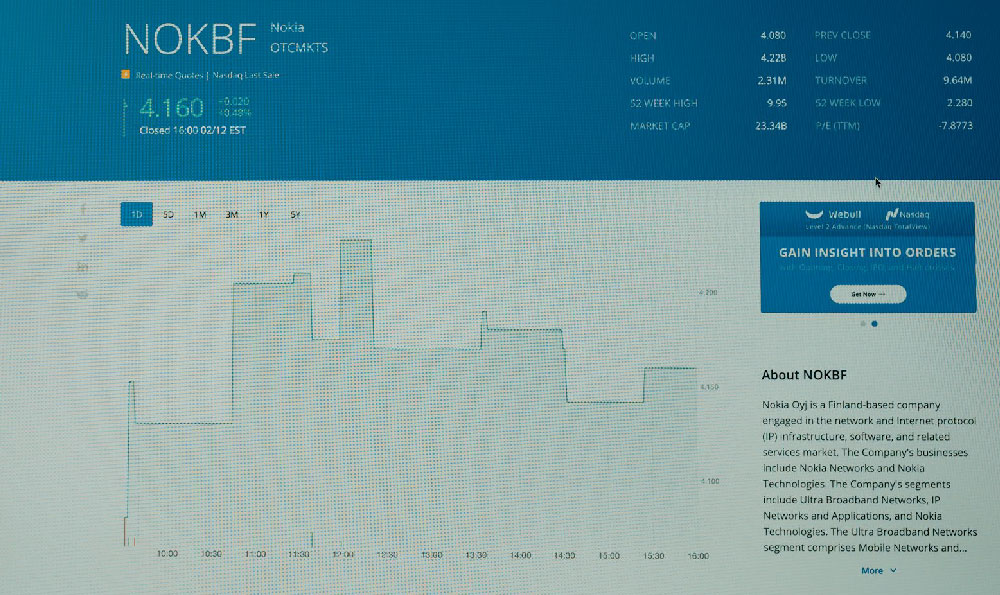Online surveys have become a ubiquitous part of the internet landscape, promising users a convenient way to earn money in their spare time. The allure is undeniable: answering questions from the comfort of your own home, contributing to market research, and getting paid for it. But the question lingers: is this opportunity a legitimate income stream or just another online scam preying on those seeking financial gain? The truth, as with most things, lies somewhere in between.
To understand the reality of online survey taking, we must first dissect the industry itself. Market research companies constantly seek insights into consumer behavior, preferences, and opinions. Surveys are a primary tool for gathering this data. Rather than relying solely on traditional methods, these companies have embraced the internet, allowing them to reach a wider and more diverse audience. To incentivize participation, they offer rewards, which typically come in the form of cash, gift cards, or points redeemable for merchandise.
Legitimate survey sites act as intermediaries between market research companies and survey takers. They partner with reputable businesses to gather information on a variety of topics, from consumer products to political opinions. These sites typically require users to register and create a profile, providing demographic information that helps match them with relevant surveys. When a survey matches a user's profile, they receive an invitation to participate. Upon completion, the user earns the promised reward.

However, the landscape is also rife with illegitimate platforms and deceptive practices. These scams often masquerade as legitimate survey sites, luring unsuspecting individuals with promises of high payouts and easy money. The tactics they employ are varied, but some common red flags can help identify them.
One common tactic is the "low payout threshold." Legitimate survey sites typically have a minimum payout amount that must be reached before earnings can be withdrawn. Scam sites may set this threshold impossibly high, ensuring that users never actually receive their promised rewards. Even if the threshold is seemingly attainable, they may implement complex withdrawal processes or hidden fees that effectively prevent users from accessing their earnings.
Another red flag is the excessive collection of personal information. While legitimate survey sites require some demographic data for matching purposes, scam sites often ask for sensitive information like bank account details, social security numbers, or credit card numbers. This information is then used for identity theft or other fraudulent activities. It's crucial to be wary of any site that requests an unusual amount of personal data or requires it upfront, before any surveys are even taken.
Furthermore, many scam survey sites rely on "pyramid schemes" or multi-level marketing tactics. They incentivize users to recruit new members, promising higher earnings based on the number of people they bring in. This structure ultimately benefits those at the top of the pyramid, while those at the bottom struggle to earn anything. Legitimate survey sites focus on providing genuine market research and do not require users to recruit others.
Beyond outright scams, there are also survey sites that operate in a gray area. These sites may not be intentionally fraudulent, but they often engage in practices that are misleading or exploitative. For instance, they might offer very low payouts for surveys that take a significant amount of time to complete. They might also bombard users with spam emails or sell their personal information to third parties without their consent.
So, can you really earn money taking online surveys? The answer is yes, but with caveats. It's not a get-rich-quick scheme, and it requires a realistic understanding of the potential earnings. The amount of money you can make from online surveys is typically modest, and it's unlikely to replace a full-time income. However, it can be a legitimate way to earn a little extra money in your spare time.
To maximize your chances of success and avoid scams, it's essential to do your research and choose reputable survey sites. Look for sites that have been around for a while and have a good reputation among users. Read reviews and check for complaints before signing up. Be wary of sites that promise unrealistic payouts or ask for excessive personal information.
It's also crucial to manage your expectations. Don't expect to earn a lot of money from online surveys. Treat it as a fun and easy way to earn a little extra cash, rather than a serious income stream. Be patient and persistent, and don't get discouraged if you don't qualify for every survey. Remember that your time has value, so only participate in surveys that offer reasonable compensation for the amount of time required.
Furthermore, protect your personal information. Use a strong password and avoid using the same password for multiple accounts. Be careful about the information you share on survey sites, and never provide sensitive information like bank account details or social security numbers unless you are absolutely sure that the site is legitimate.
In conclusion, online survey taking can be a legitimate way to earn a little extra money, but it's important to be aware of the potential scams and to choose reputable survey sites. With realistic expectations and a healthy dose of skepticism, you can navigate the online survey landscape and potentially earn some extra cash in your spare time. However, it's crucial to remember that it's not a replacement for a stable income and should be treated as a supplementary income source, not a primary one. Approached with caution and diligence, online surveys can be a rewarding, albeit modest, addition to your financial endeavors.












